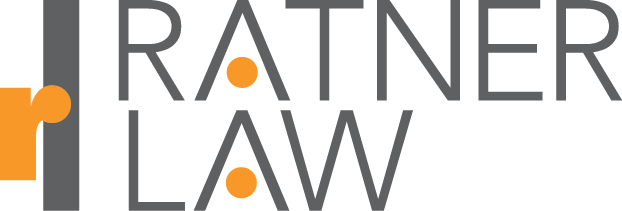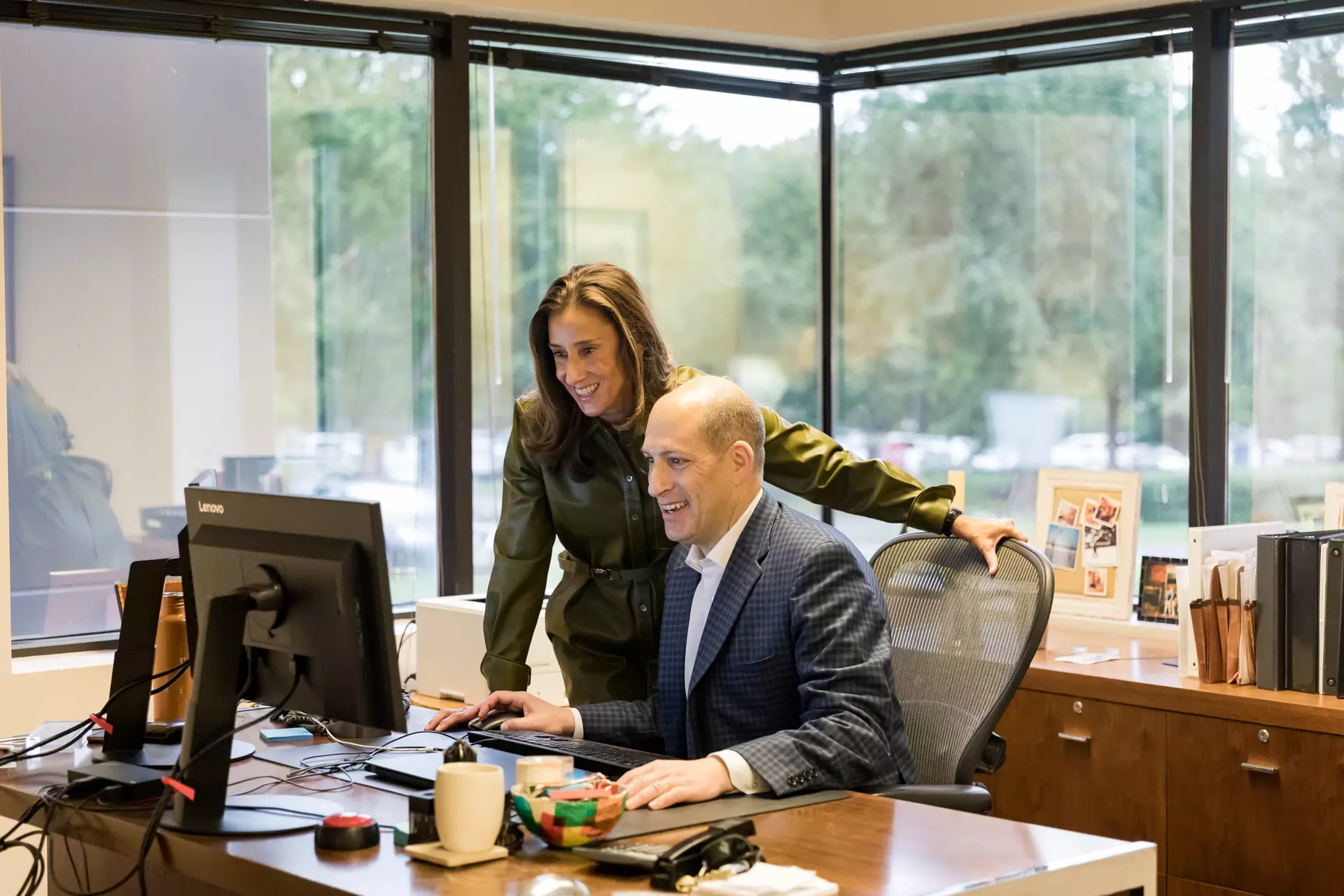OVERVIEW
In December, the Financial Industry Regulatory Authority (“FINRA”) issued Regulatory Notice 17-42, requesting comment on proposed changes to the expungement process for customer dispute information. Through requests for expungement, associated persons seek to remove allegations made by customers from the Central Registration Depository (“CRD”) and from FINRA’s publicly-accessible BrokerCheck system (which draws information from CRD). Customer allegations come in several forms, including customer complaints, arbitration claims, and court filings.
FINRA is proposing the changes during a recent surge in expungement activity, and amid criticisms about expungement hearings held after customer settlements. Critics argue that, following a settlement, the arbitration panel in a customer-initiated arbitration (the “underlying case”) may not have any special insight with respect to expungement because the panel never heard the merits of the underlying case. Because the customer and his or her counsel would have little incentive to participate in the expungement hearing post-settlement, they often do not, and the result in an uncontested expungement.
Regulatory Notice 17-42 addresses these and other aspects of the expungement process. Perhaps most notable for associated persons, however, are the changes that greatly restrict when an associated person can request expungement. If you or someone at your firm is considering expungement, now is the time to act.
TIMEFRAME FOR SEEKING EXPUNGEMENT
The proposed rule changes severely limit the time period during which an associated person can seek expungement. An associated person who is a named party in a customer-initiated arbitration would only be permitted to seek expungement during the underlying case. When an underlying case closes with an award, the arbitration panel would be required to decide the expungement request during the case. When the underlying case does not close with an award (e.g., it is settled), the associated person could only seek expungement within a one-year period after the case closes.
For an associated person that is not named in the underlying case (an “unnamed person”), there would be two options for seeking expungement: (1) a party in the underlying customer case could request expungement on behalf of the unnamed person (with the unnamed person’s written consent); or (2) the unnamed person could file a separate case seeking expungement, but only after the underlying case has concluded. These changes would foreclose the ability of the unnamed person to intervene and become a party in the underlying case.
Under the second option for unnamed persons, filing a separate expungement case, the rule changes would require the unnamed person to file the request against the firm at which he or she was associated at the time of the events giving rise to the dispute. This change would prevent the associated person from filing an expungement claim directly against the complaining customer, and thus would allow the complaining customer and his or her counsel to avoid the additional obligation of being a party to the expungement hearing.
EXPUNGEMENT PANELS
Under the proposed rule changes, panels of arbitrators with additional training and specific experience would decide requests for expungement in: (1) cases that do not close with an award; and (2) cases brought for the sole purpose of seeking expungement. These panels would be randomly selected from a roster of arbitrators who: (1) have completed expungement specific training; (2) are admitted to practice law; and (3) have five years of experience in certain disciplines, including securities litigation and administrative law.
STANDARD FOR GRANTING EXPUNGEMENT
Under the proposed rule changes, arbitration panels considering expungement (whether during the underlying case or in a separate case) will grant it only when they: (1) unanimously agree it is appropriate under Rule 2080; and (2) find that the customer dispute information has no investor protection or regulatory value. Currently, a simple majority of arbitrators can grant expungement requests according to the requirements of Rule 2080, which states a matter can be expunged when: (1) the claim is factually impossible or clearly erroneous; (2) the associated person was not involved; or (3) the claim, allegation or information is false.
ADDITIONAL MONEY AND TIME OBLIGATIONS
In addition to a higher standard for expungement, associated persons would face a stiffer monetary hurdle under the new rules as well. Currently, associated persons can add a monetary claim of less than $1,000 to their expungement case in order to reduce their filing fee to the minimum of $50. Going forward, associated persons would have to pay a flat filing fee of $1,425.
In all cases going forward, the associated person seeking expungement would have to appear at the expungement hearing, either in person or via videoconference; appearing via telephone would no longer be an option. In contrast, the complaining customer would have the option to be present, either in person or over the telephone.
GOING FORWARD
If you have any questions about the current expungement process, the proposed changes, or if you would like to have a customer complaint expunged from your own record, please contact us for more information.




